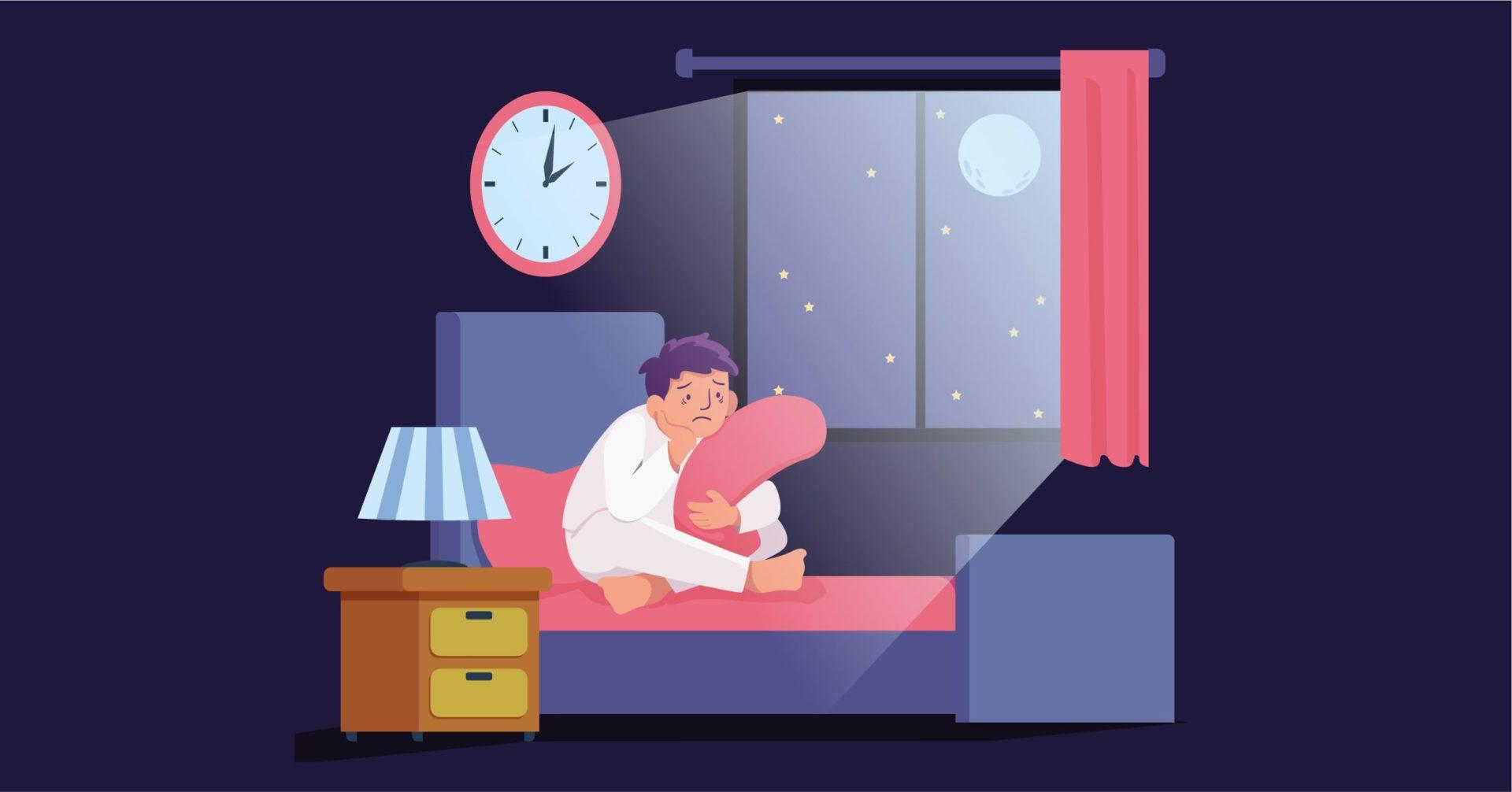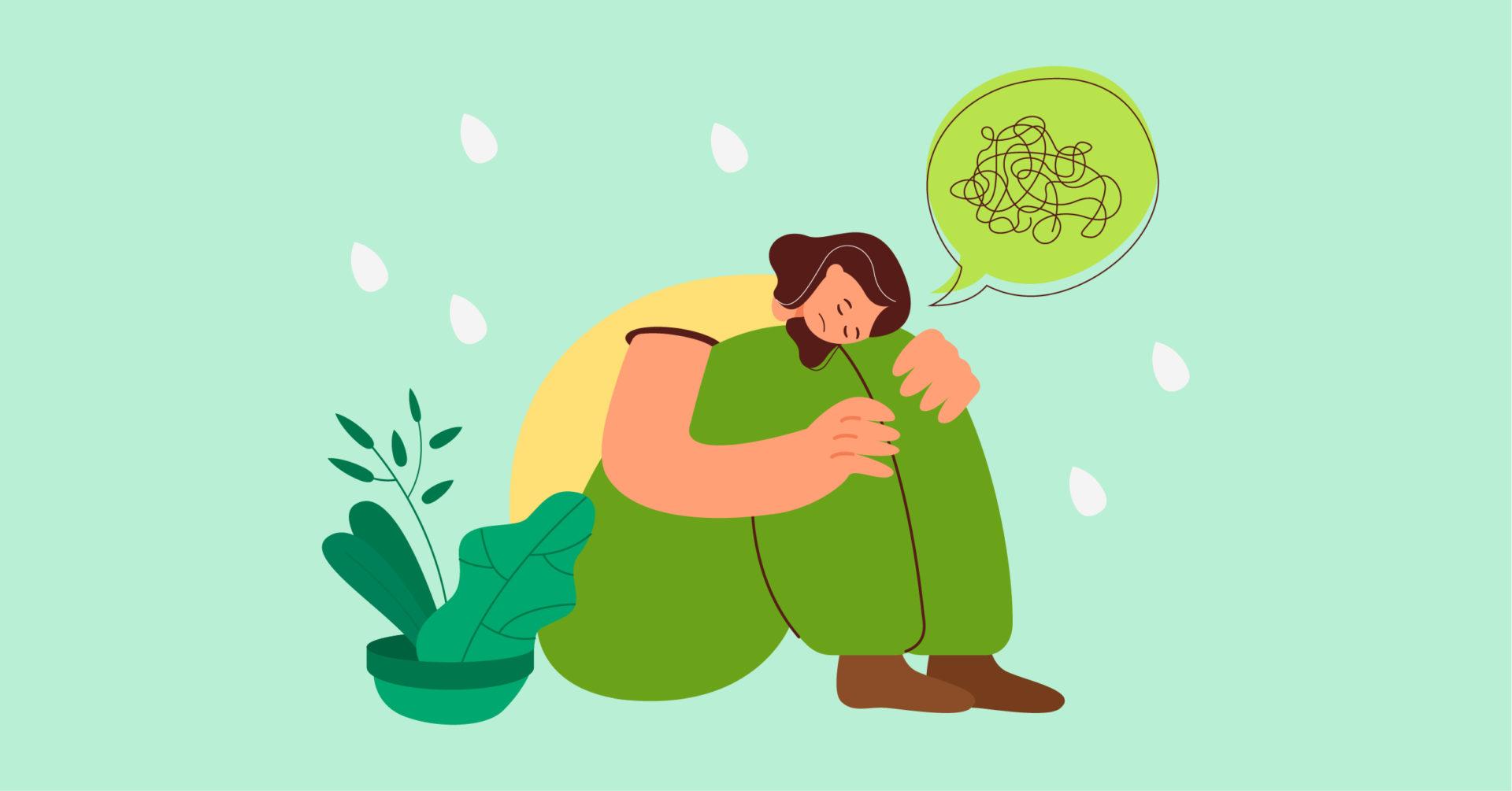Overview
Obsessive-compulsive personality disorder is characterized by persistent perfectionism, rigidity, and disproportionate fixation on productivity. Individuals are highly preoccupied with work, often to the extent of disregarding their interpersonal life and leisure.
They may be unable to delegate work to others for the fear of it not being done “exactly right”. Due to an inability to adequately express emotions and an excessive devotion to work, individuals with Obsessive-Compulsive Personality Disorder may face difficulties in their relationships.
Obsessive-compulsive personality disorder may occur as a comorbidity of underlying mental health disorders such as depression, anxiety, Obsessive-Compulsive Disorder, and eating disorders.
The traits presented may also overlap with those commonly seen in other personality disorders. Conscientiousness is a noticeable trait factor affecting obsessive-compulsive personality disorder. A male preponderance may be observed in the prevalence of the disorder.
The outcome of psychotherapeutic modes, such as cognitive behavioral therapy, are determined by distress levels.
Signs and Symptoms
- Difficulty in relaxing
- Meticulously planning out activities to the minute
- Need for control over environment
- Being rigid, stubborn and controlling
- Outbursts at home or at work when interpersonal situations cannot be controlled
- Excessive concern about work and productivity, even if they interfere with interpersonal relationships
- Being overly diligent
- Inability to discard objects (even if they are worthless)
- Inability to delegate tasks to others
- Perfectionism
- Excessive attention to detail
- Being uncomfortable around those who are emotionally expressive
Obsessive-Compulsive Personality Disorder can have mental & physical implications.
Assess yourself today.
Risk Factors
Obsessive-compulsive personality disorder is one of the most common personality disorders in the general population, being the third most prevalent among outpatient populations.
While some studies report a proportionate sex distribution, others demonstrate a male preponderance. Young adulthood and education of the high school level of less are also identified epidemiological characteristics.
Those with underlying anxiety disorders, specific phobias, and obsessive-compulsive disorder (OCD) have a higher predisposition to obsessive-compulsive personality disorder.
The trait characteristics seen in the disorder are similar to those exhibited by Type A personalities, such as competitiveness and time preoccupation, and may be present in those with myocardial infarction. Depressive disorders, bipolar disorders, and eating disorders have also been linked to obsessive-compulsive personality disorder.
Etiological theories include psychological and biological correlates. Parental dominance, over-control and intrusiveness are speculated psychological associations, while genetic, hereditary and hormonal attributes have been considered in terms of biological causative factors.
In terms of trait influences, there is a considerably high level of conscientiousness seen in individuals with the disorder. Due to a small number of available studies, there are no concrete etiological models in place.
Diagnosis
Criteria for the diagnosis of Obsessive-Compulsive Personality Disorder have been outlined in the DSM-5. The disorder presents with persistent patterns of prioritizing orderliness, perfectionism, and control over flexibility, openness, and efficiency. Four or more of the following are required to be present in order to make a diagnosis:
- Preoccupation with details, rules, lists, order, organization, or schedules to the extent where the major point of the activity is lost
- Perfectionism that interferes with task completion (e.g., inability to complete a project because one’s own overly strict standards are not met)
- Excessive devotion to work and productivity while disregarding leisure activities and friendships
- Being overly conscientious, scrupulous, and inflexible regarding matters of morality, ethics, or values
- Inability to discard worn-out or worthless objects even when they have no sentimental value
- Reluctance to delegating tasks or working with others unless they submit to exactly one’s way of doing things
- Adopting a miserly spending style toward both self and others; money is viewed as something to be hoarded for future catastrophes
- Showing rigidity and stubbornness
It is important during the diagnostic process to take into consideration socio-economic conditions as well as cultural aspects. It is possible that some of the criteria, such as overworking or being reluctant to spend money, are a product of poor financial circumstances or the normalization of extreme work culture.
Common differential diagnoses for obsessive-compulsive personality disorder include obsessive-compulsive disorder, hoarding disorder, substance use disorder, personality change due to medical conditions, and other personality disorders.
Treatment
Due to the need for independence and control that is symptomatic of Obsessive-Compulsive Personality Disorder, there is a chance for individuals to be reluctant to seek help. The treatment options are both pharmacological and psychotherapy based.
Individuals who have comorbid personality disorders along with underlying mental health disorders such as major depression or anxiety tend to show higher levels of distress and anxiety than those who do not have comorbid personality disorders, and may also be more non-cooperative in a therapeutic setting. Antidepressants or anxiolytics may be prescribed in order to control comorbid disorders.
Research has highlighted the efficacy of cognitive behavioral therapy in reducing severity of symptoms in personality disorders. The efficiency of schema therapy has also been speculated.
Differential Diagnosis
1. Obsessive-compulsive disorder: Despite the similarity in names, OCD is usually easily distinguished from obsessive-compulsive personality disorder by the presence of true obsessions and compulsions in OCD.
2. Hoarding disorder: A diagnosis of hoarding disorder should be considered when hoarding is extreme. When criteria for both obsessive-compulsive personality disorder and hoarding disorder are met, both diagnoses should be considered.
3. Other personality disorders and personality traits: Other personality disorders may be confused with obsessive-compulsive personality disorder because they have certain features in common. These disorders include narcissistic personality disorder, antisocial personality disorder and schizoid personality disorder.
4. Personality change due to another medical condition: Obsessive-compulsive personality disorder must be distinguished from personality change due to another medical condition, in which the traits emerge attributable to the effects of another medical condition on the central nervous system.
5. Substance use disorders: Obsessive-compulsive personality disorder must also be distinguished from symptoms that may develop in association with persistent substance use.
Specialists
Individuals with Obsessive-Compulsive Personality Disorder may not realize or admit to the presence of their symptoms, rather feeling a sense of purpose and drive due to them.
While these traits can, in some cases, show benefits in occupational settings, they can have detrimental effects on other parts of life, such as interpersonal relations or physical health.
It is therefore important to seek the help of a qualified professional, such as a psychiatrist or clinical psychologist who will be able to effectively diagnose obsessive-compulsive personality disorder and suggest effective treatment paths.
In Conclusion
Extreme obsession with order, cleanliness, and perfectionism are traits of obsessive-compulsive personality disorder (OCPD). Additionally, people with OCPD will have a strong need to impose their own standards on the world around them.
In mental health counselling, cognitive behavioural therapy (CBT) is a popular approach. You attend scheduled sessions of CBT with a mental health expert. Your counsellor and you will work through any anxiety, tension, or depression during these scheduled sessions.
You can be urged by a mental health professional to prioritize leisure activities, your family, and other interpersonal relationships rather than your job.
Book a session with our experts today.





